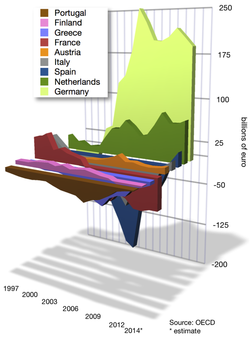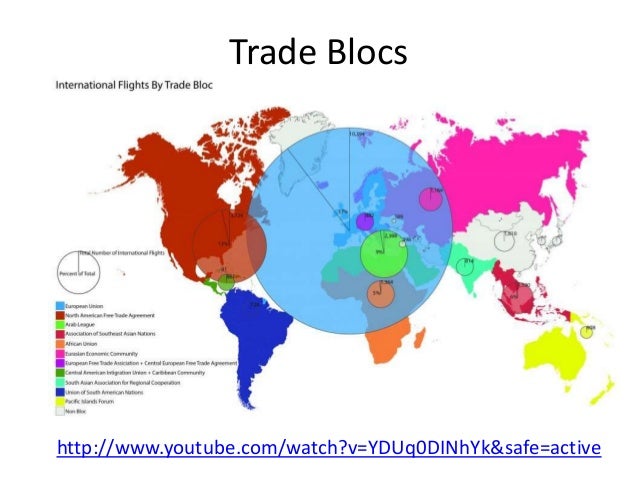
Germany is reinventing its auto industry from the ground up, especially in the areas of electric and hybrid drivetrains, autonomous driving, emission controls and smart technologies related to the sector.The German market is also open to entrepreneurial investment in practically all areas, with good opportunities in several sectors: Key export sectors for Canada include aerospace, advanced manufacturing, automotive products, life sciences, information and communications technologies, and agri-food.

In 2020, our Germany-bound exports were worth $6.37 billion, while we bought $17.27 billion in German goods. Germany is Canada’s largest EU export market and our sixth-largest trading partner globally. Germany’s reputation for productivity, quality and innovation is founded largely on the country’s highly skilled workforce, which boasts exceptional levels of educational attainment.Close co-operation between industry and major research institutions helps transform new ideas into products for the world market. The country is a world leader in high-technology R&D and offers an ideal environment for innovation.

It’s also a reliable investment environment with strong protections for intellectual property.

“Germany has one of the world’s most advanced economies and is a global economic powerhouse,” says EDC’s Klaus Houben, senior regional manager for Europe.
#GERMANY ECONOMIC BLOCS IMPACTING TRADE REGISTRATION#
Free registration gives you fast access to a wide range of information and resources. This interactive tool can help you understand your export and foreign investment risks in 50 markets. Export Development Canada’s (EDC) Country Risk Quarterly In this article, we highlight Germany, Peru and Vietnam and examine the economic environment, trade relationship, export potential and market challenges of doing business with these countries. With global trade heating up, there are a number of export opportunities worth exploring for Canadian companies.


 0 kommentar(er)
0 kommentar(er)
